Gallery
Photos from events, contest for the best costume, videos from master classes.
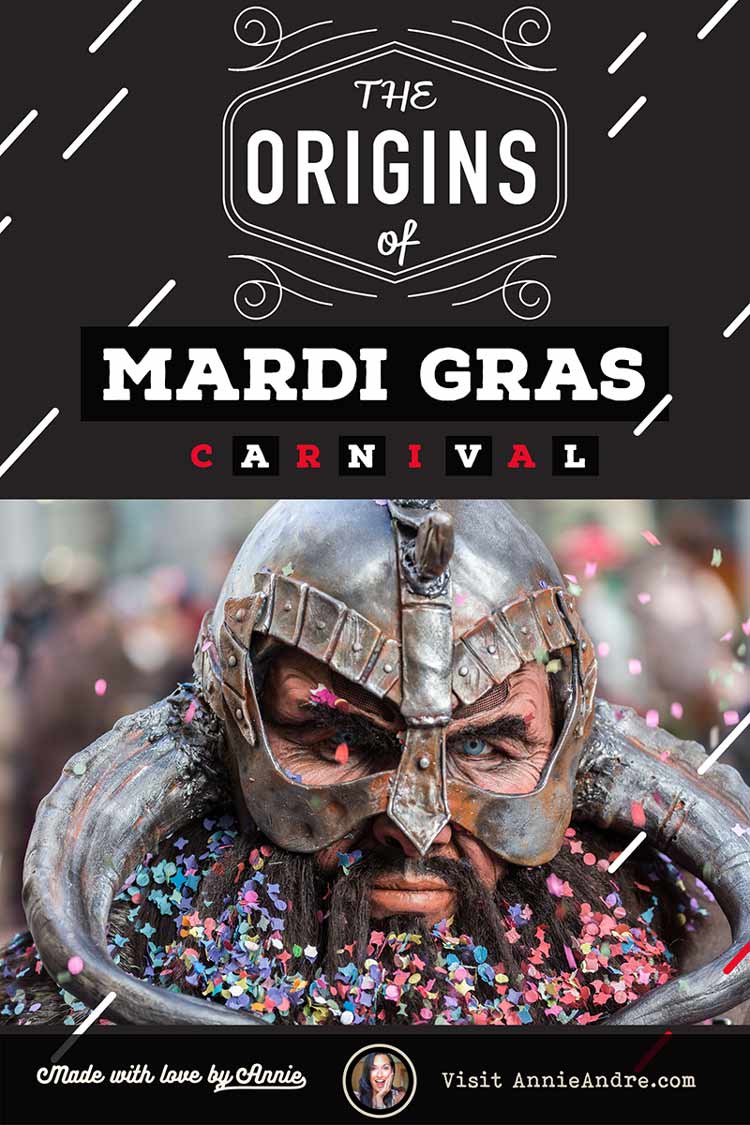 | 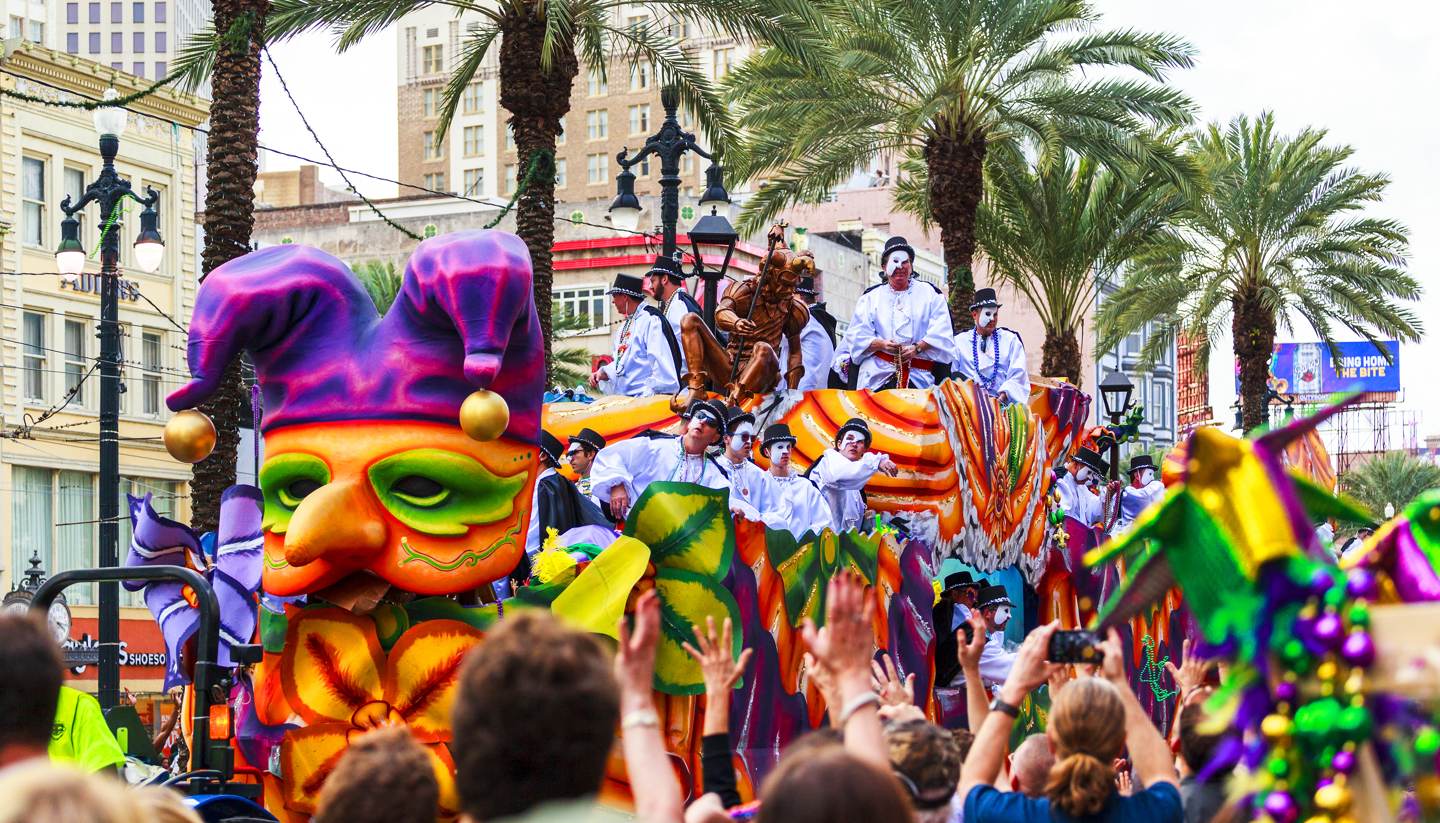 |
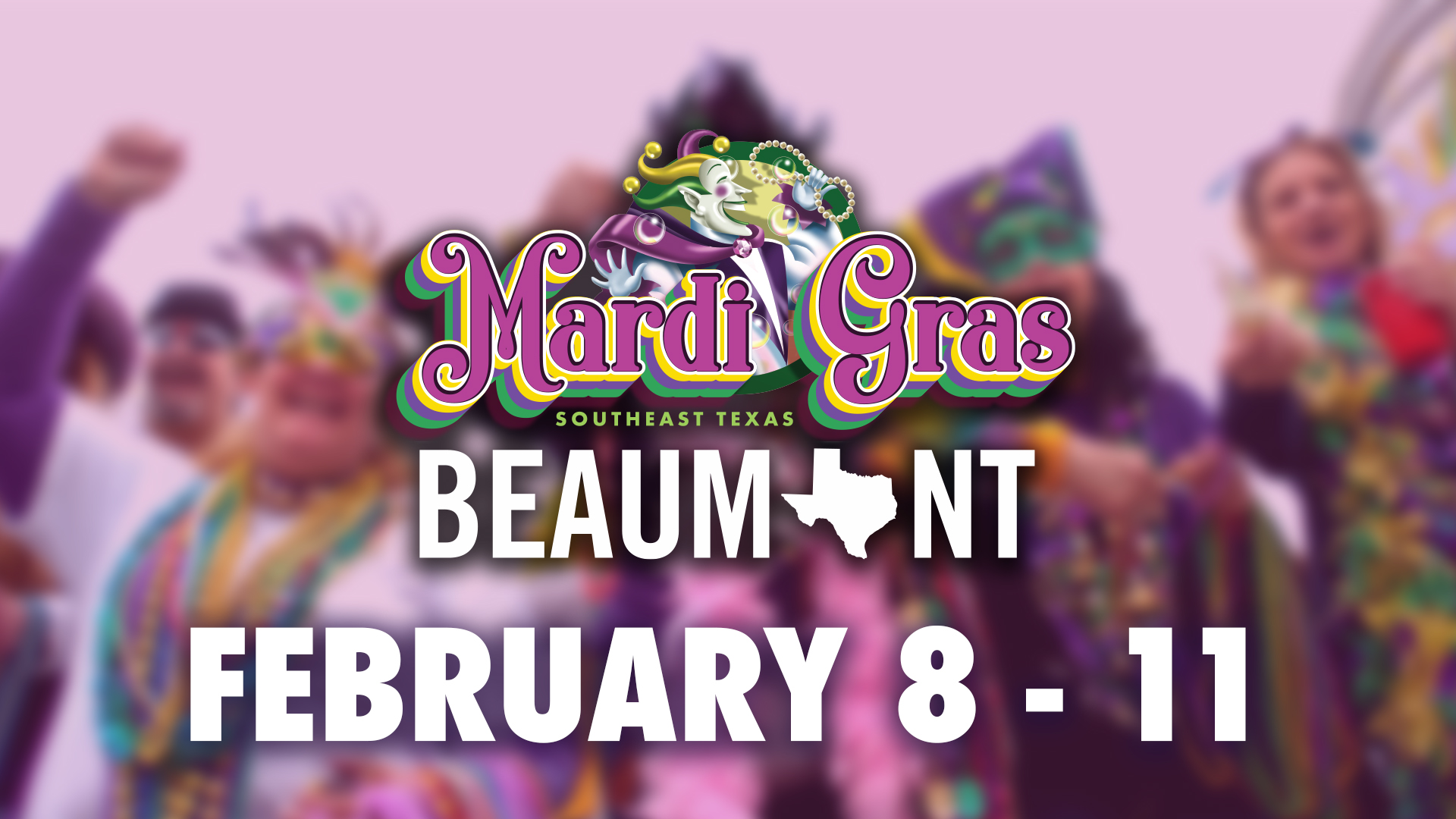 | 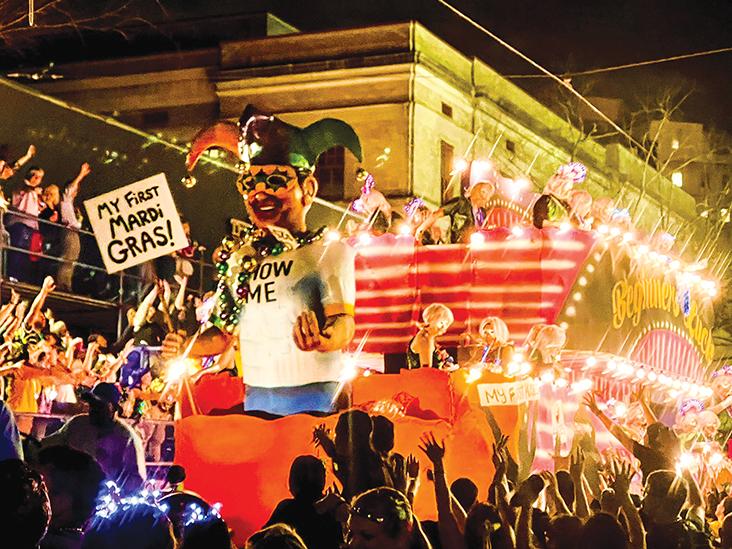 |
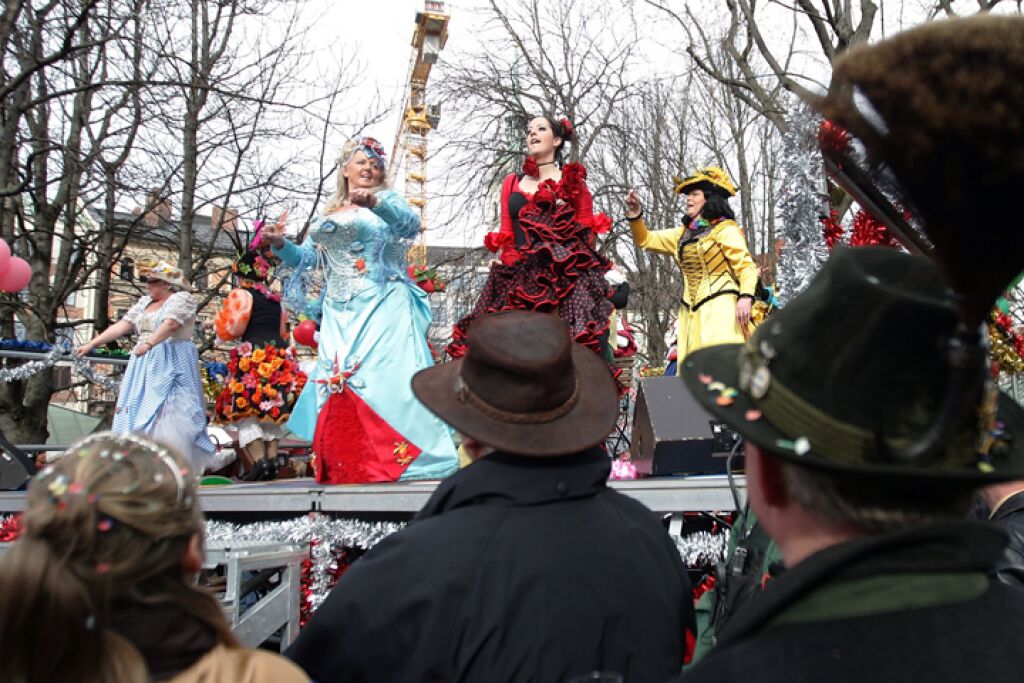 |  |
 | 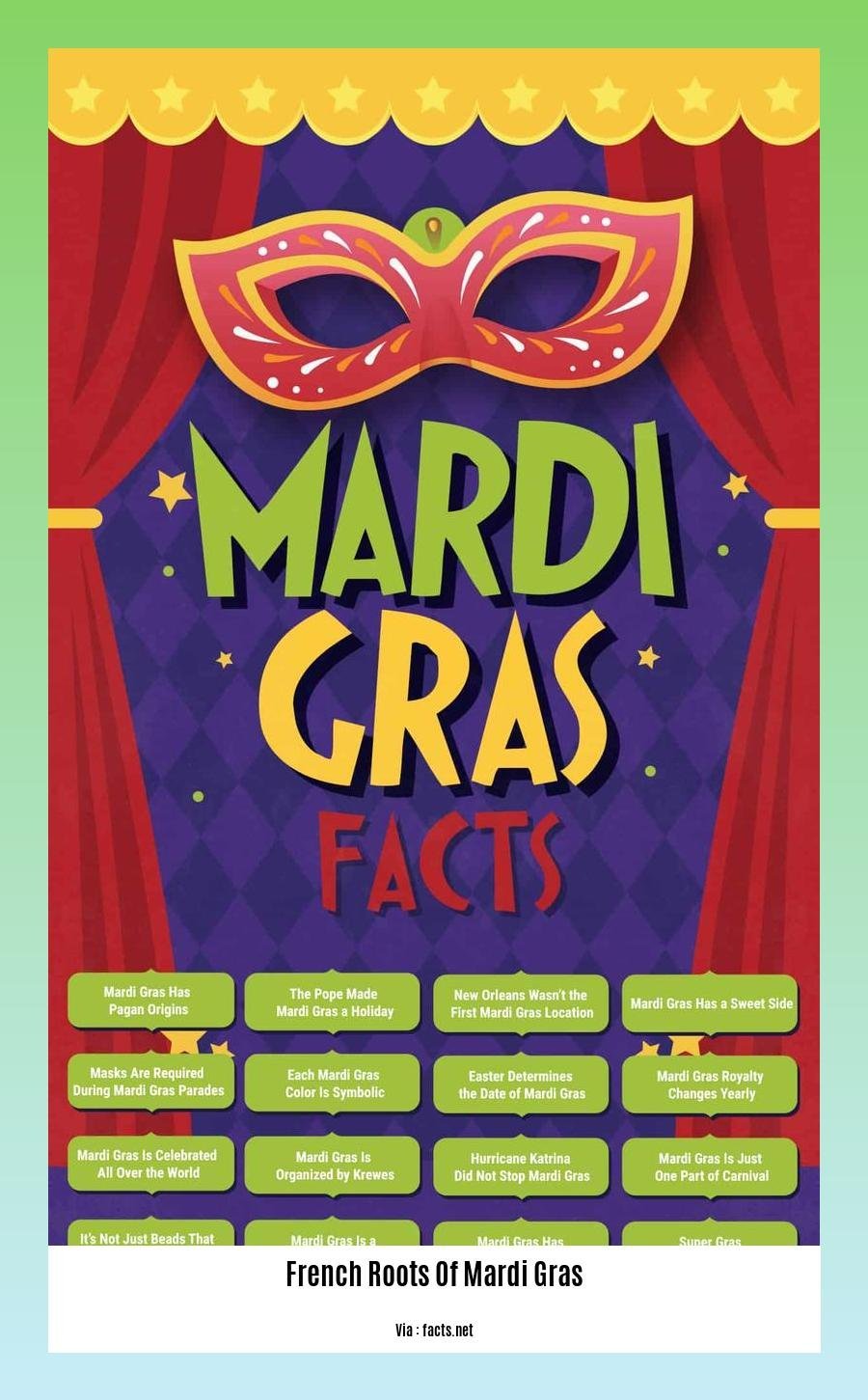 |
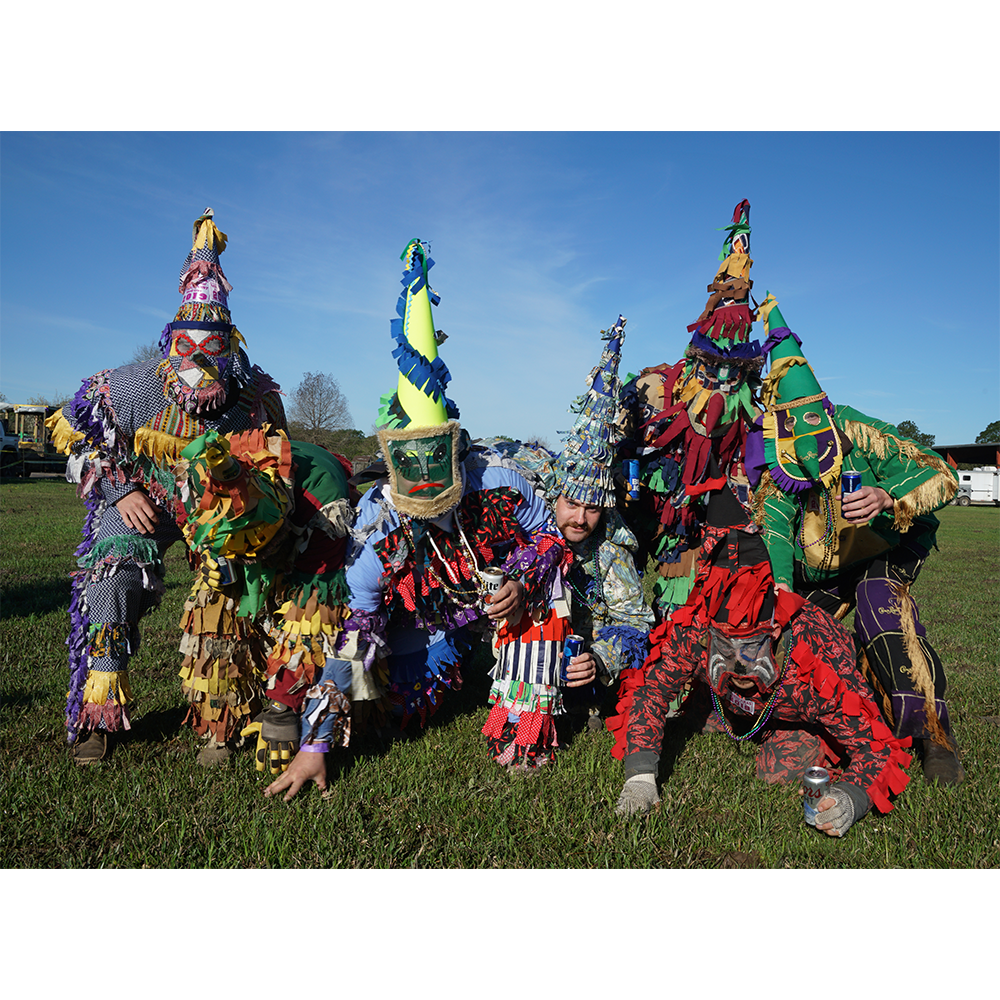 |  |
 |  |
The first American Mardi Gras took place on March 3, 1699, when French explorers Pierre Le Moyne d’Iberville and Sieur de Bienville landed near present-day New Orleans, Louisiana. They held a Mardi Gras arrived in North America as a sedate French Catholic tradition with the Le Moyne brothers, [3] Pierre Le Moyne d'Iberville and Jean-Baptiste Le Moyne de Bienville, in the late 17th century, when King Louis XIV sent the pair to defend France's claim on the territory of Louisiane, which included what are now the U.S. states of Alabama, Mississippi, and Louisiana. Some point to 1699 as year the first American Mardi Gras was held, when French explorers Pierre Le Moyne d’Iberville and Sieur de Bienville landed about 60 miles south of present-day New Orleans History of Mardi Gras In 1703, Mobile, Alabama was the first city recorded to have the oldest organized Mardi Gras in the U.S., according to Curious Cuisiniere . "The first documented celebration of modern-day carnival, what people think of as carnival in the United States is historically without a doubt began in Mobile. The History of New Orleans Mardi Gras . Although the date of the first organized celebration of Mardi Gras in New Orleans is debatable, the 1730 account of one Marc-Antoine Caillot (a young clerk sent to Louisiana by the French Company of the Indies) mentions a celebration with music and dance, mask-wearing and costumes—including cross-dressing. Mardi Gras arrived in North America as a French Catholic tradition with the Le Moyne brothers, [31] Pierre Le Moyne d'Iberville and Jean-Baptiste Le Moyne de Bienville, in the late 17th century, when King Louis XIV sent the pair to defend France's claim on the territory of Louisiane, which included what are now the U.S. states of Alabama Bienville also established "Fort Louis de la Louisiane" (which is now Mobile) in 1702. In 1703, the tiny settlement of Fort Louis de la Mobile celebrated America's very first Mardi Gras. In 1704, Mobile established a secret society (Masque de la Mobile), similar to those that form our current Mardi Gras krewes. It lasted until 1709. From its European origins to the elaborate krewes [] <p>Every year, as winter fades and spring approaches, the streets of New Orleans explode with color, music, and celebration. Mardi Gras, the grandest festival in Louisiana, is famous for its parades, beads, masked revelers, and deep cultural traditions. The tradition of Mardi Gras was introduced to New Orleans by French settlers who arrived in the city in the late 17th century. The first recorded Mardi Gras celebration in the city took place in 1699, when French-Canadian explorer Jean Baptiste Le Moyne de Bienville arrived at a spot along the Mississippi River that would become New Orleans and held a small celebration to mark the occasion. After the Civil War, Comus returned to the parade scene in 1866. Four years later, the Twelfth Night Revelers debuted. This unique group made Carnival history at its 1871 ball when a young women was presented with a golden bean hidden inside a giant cake, signifying her selection as Mardi Gras’ first queen and starting the “king cake” tradition. Mardi Gras is a festive day celebrated in France on Shrove Tuesday (the Tuesday before Ash Wednesday), which marks the close of the pre-Lenten season. The French name Mardi Gras means Fat Tuesday, from the custom of using all the fats in the home before Lent. In 1703, the tiny settlement of Fort Louis de la Mobile celebrated America's very first Mardi Gras. In 1704, Mobile established a secret society (Masque de la Mobile), similar to those that form our current Mardi Gras krewes. It lasted until 1709. In 1710, the "Boeuf Gras Society" was formed and paraded from 1711 through 1861. The holiday’s origins in the United States date back to even before American independence. As Mardi Gras has evolved throughout the years, many of its historical benchmarks have mirrored American society and geopolitical events, with the colors of Mardi Gras coming out of a visit from a Russian duke, for example, and the first African The History and Traditions of Mardi Gras in America and Around the World. joins the conversation to discuss the origins of Mardi Gras and how it became adopted by countries all over the world The Origins of Mardi Gras. The origins of Mardi Gras can be traced back to ancient Roman festivals, particularly the pagan celebrations of Saturnalia and Lupercalia. These festivals, held in midwinter, were marked by feasting, drinking, and a general sense of chaos and social reversal, during which societal rules were temporarily relaxed. As History of Mardi Gras . Fort Louis de la Mobile, located about 60 miles south of New Orleans, Zulu is one of the oldest African American krewes, with its first parade dating back to 1909, and Origins of Mardi Gras: From Europe to America. To understand the history of Mardi Gras in the United States, we need to go back to its European roots. Mardi Gras, which translates to 'Fat Tuesday' in French, is a Christian holiday that marks the last day of feasting before the fasting season of Lent begins. Brian Costello, author of Carnival in Louisiana: Celebrating Mardi Gras from the French Quarter to the Red River, writes, "The Carnival season and Mardi Gras day trace their roots from the Bacchanalia and Saturnalia ritual promiscuity of Roman times. With the spread of Christianity, similar revelry occurred during the period of carnival (Latin The origins of Mardi Gras date back even further to medieval Europe and it celebrates the period before Lent, The prohibition continued when New Orleans became an American city in 1803, but by History of Mardi Gras . Fort Louis de la Mobile, located about 60 miles south of New Orleans, Zulu is one of the oldest African American krewes, with its first parade dating back to 1909, and
Articles and news, personal stories, interviews with experts.
Photos from events, contest for the best costume, videos from master classes.
 |  |
 |  |
 |  |
 |  |
 |  |
 |  |